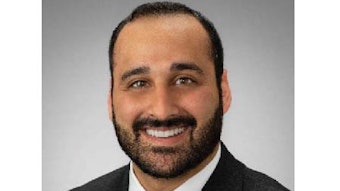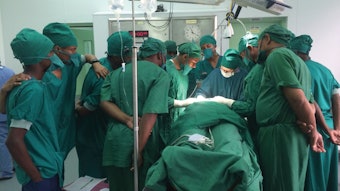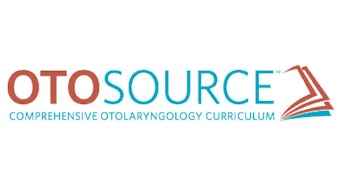Pearls From Your Peers: Updates to the Management of Thyroid Cancer
This month's Pearls from Your Peers spotlights Jason P. Hunt, MD, Interim Chief, Division of Otolaryngology – Head and Neck Surgery, University of Utah

Over the past several years, we have made significant changes to the National Comprehensive Cancer Network Guidelines for Thyroid Cancer. There are a few important considerations regarding the management of thyroid cancer that should be integrated into a busy head and neck surgery practice. First, thyroid lesions that are <1 cm in size without concerning nodal disease should be offered observation with an annual ultrasound, regardless of their Bethesda category, including carcinoma. Ideally, these lesions would avoid biopsy as per guidelines. Additionally, surgeons have historically felt more comfortable utilizing a lobectomy for smaller tumors, but the updated guidelines allow for a lobectomy for tumors up to 4 cm. The purpose of a total thyroidectomy in most cases is to facilitate radioactive iodine (RAI) therapy, but should there not be clear indications for RAI, a lobectomy is typically adequate.
Molecular markers are another innovative aspect of treating thyroid cancer. If a fine needle aspiration demonstrates Bethesda III or IV, molecular diagnostics should be offered to help guide management and prognostication. Molecular markers aim to obviate the need for surgery. I recommend integrating these results as a means of reducing surgical needs, as opposed to increasing surgical complexity. Genomic sequencing can also allow for targeted therapy.
How has your approach to treating anaplastic thyroid cancer changed?
The treatment of anaplastic thyroid cancer (ATC) continues to evolve over time, and gene-specific targeted therapies have demonstrated promising clinical results. Given the rapid change in a patient’s clinical status after initiation of these therapies, we recommend immediate referral to a tertiary care center and early testing for mutation markers. While ATC is rare, early experience has demonstrated that these novel therapies have drastically changed the clinical landscape of ATC.












